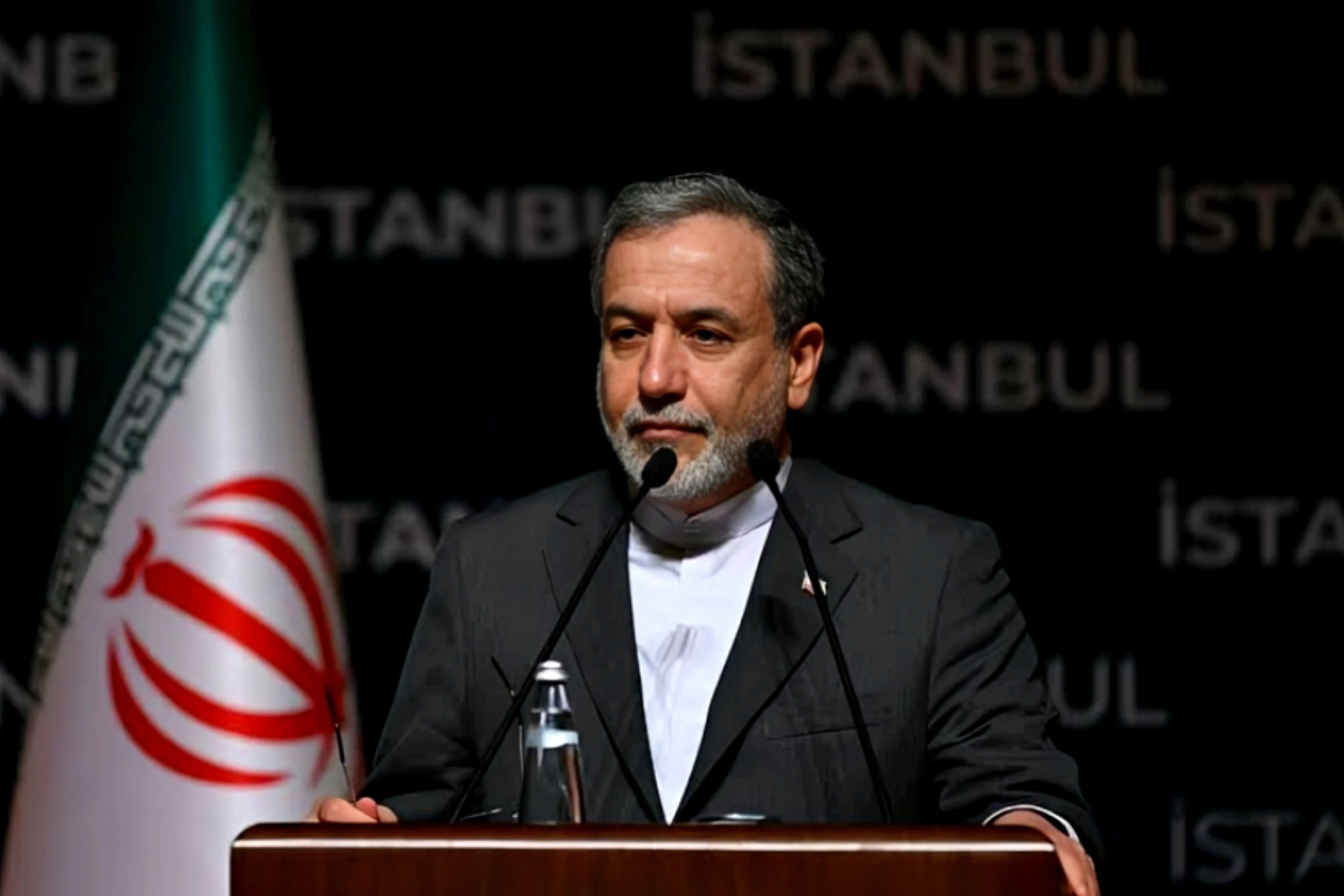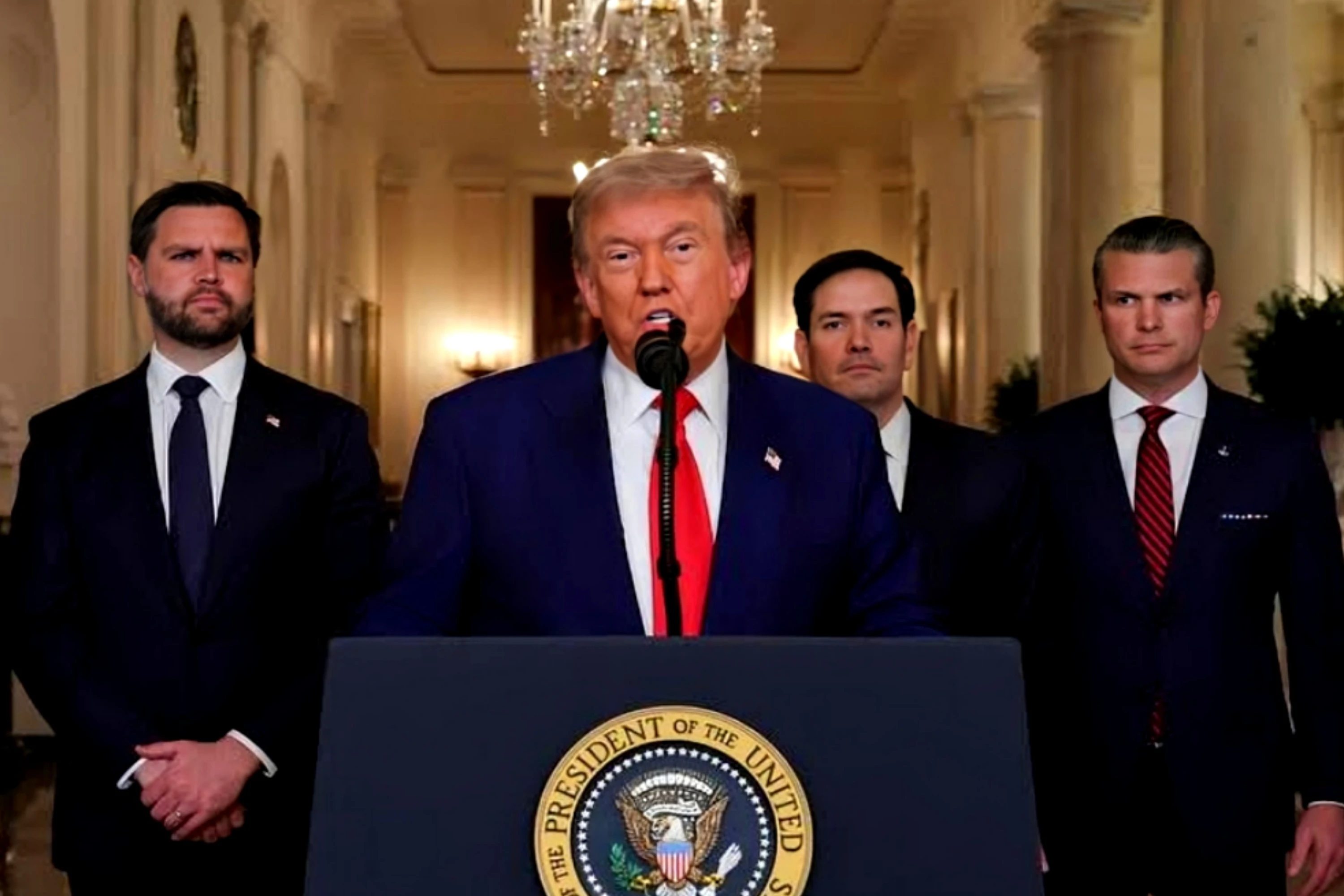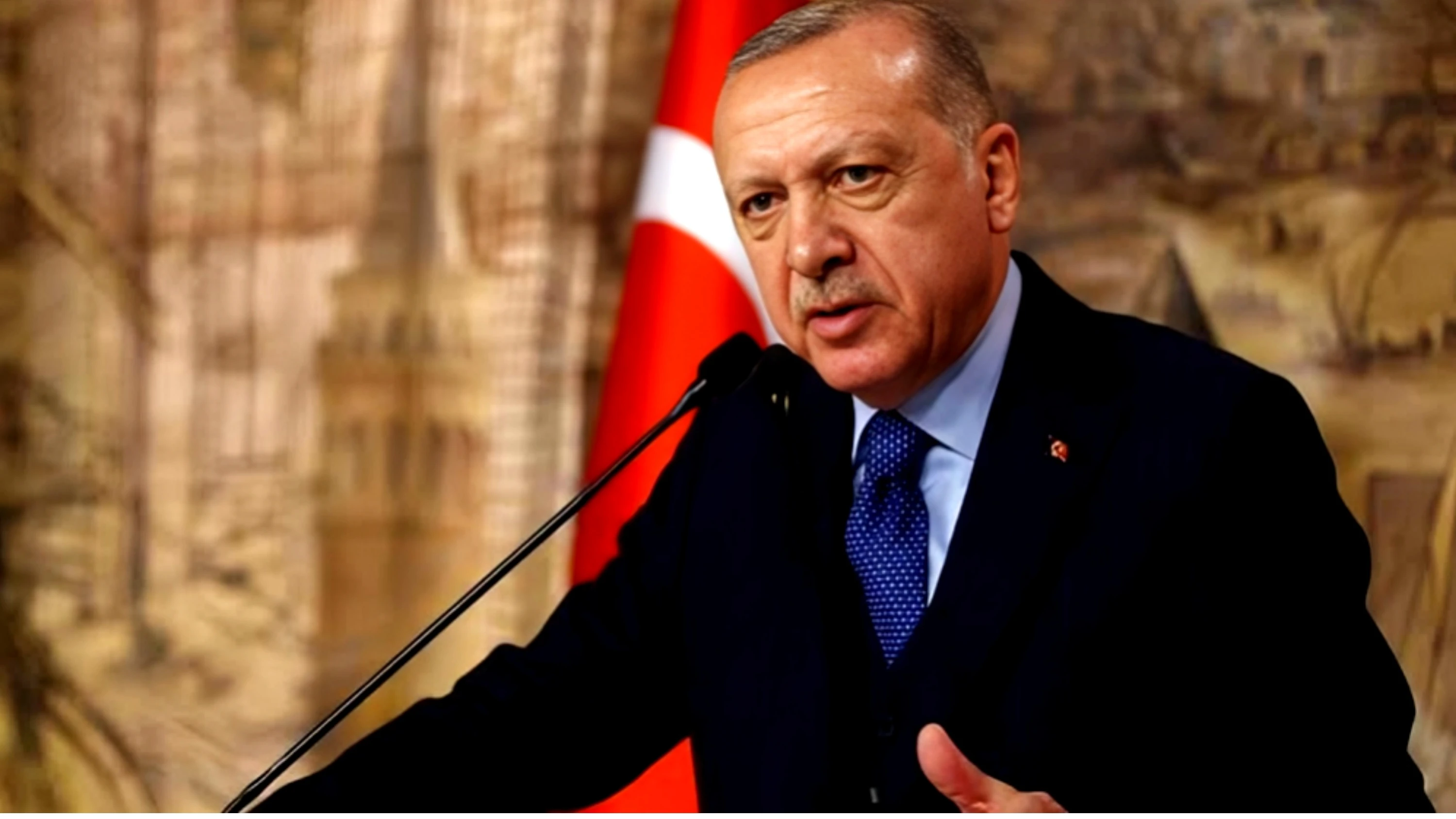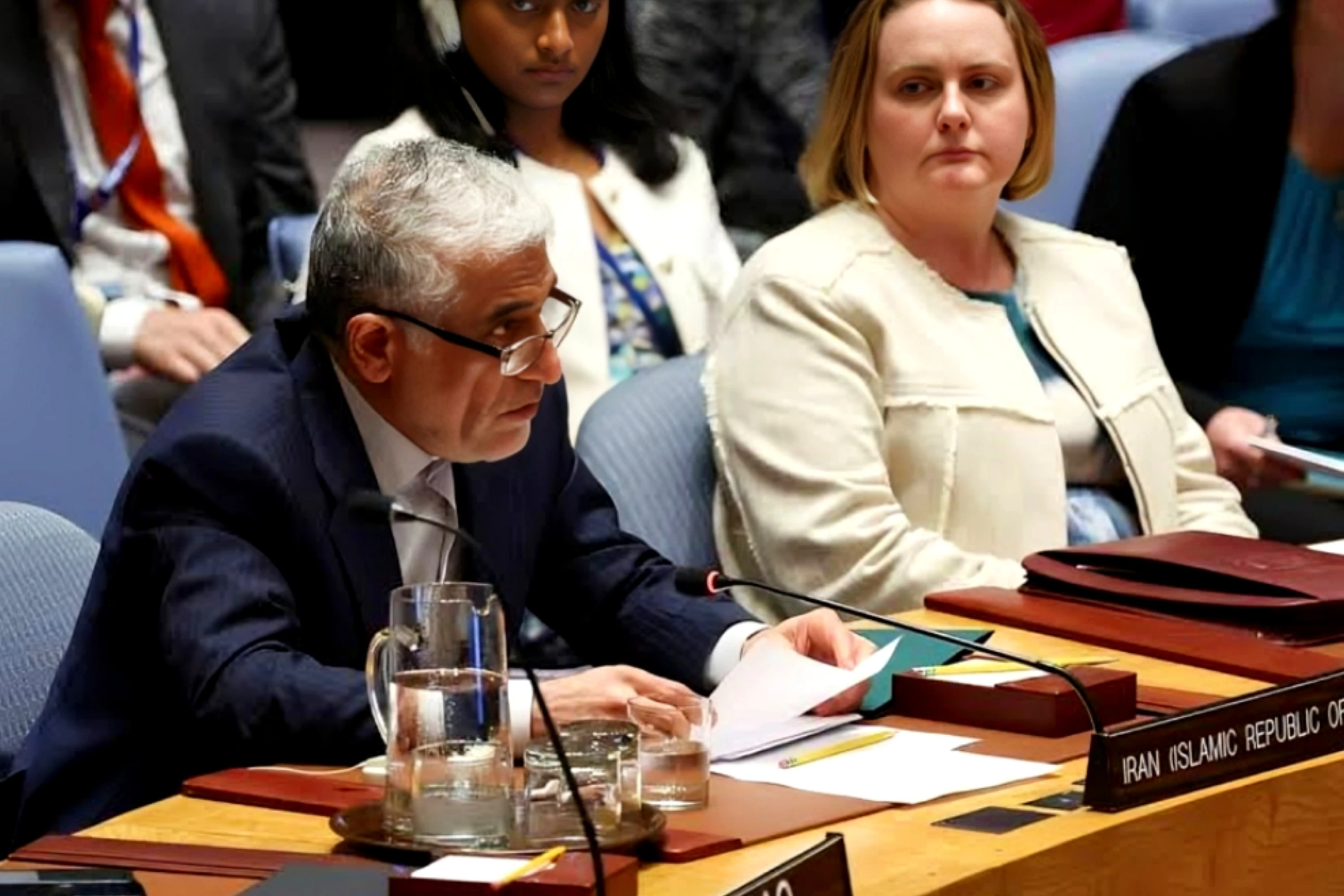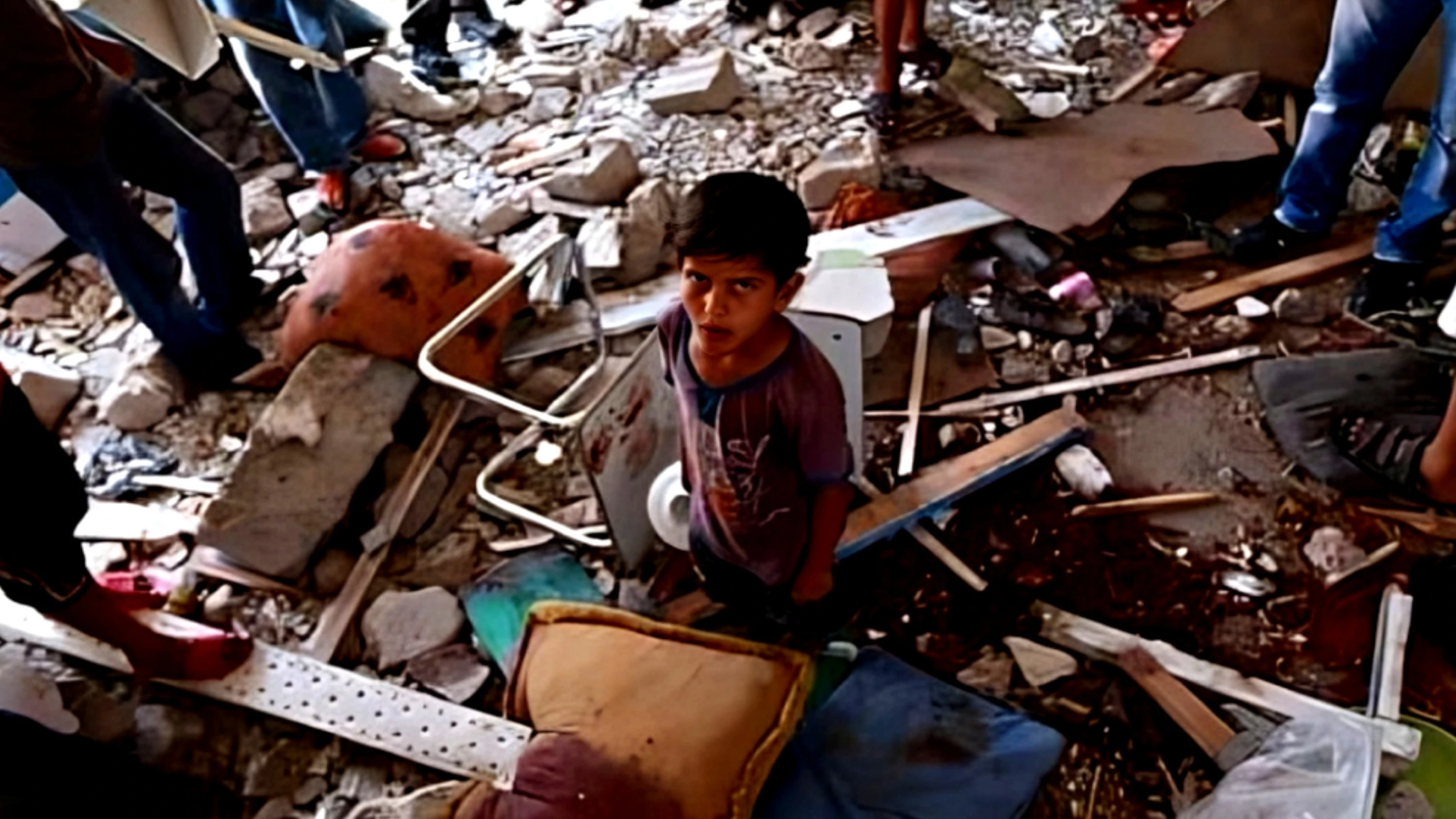Tehran: Iran’s Permanent Mission to the United Nations has indicated that negotiations with the United States over its nuclear program could be possible, but only if the goal is to address concerns regarding potential military applications.
This statement comes a day after Iran’s Supreme Leader, Ayatollah Ali Khamenei, who holds ultimate authority over foreign policy decisions, declared that he is not willing to negotiate with what he called a "bullying government."
Iran’s UN delegation clarified that if the discussions focus on concerns about the military use of Iran’s nuclear program, the country would consider engaging. However, it firmly stated that if the purpose of negotiations is to dismantle Iran’s peaceful nuclear activities, such talks are "impossible."
A day before this statement, U.S. President Donald Trump revealed that he had sent a letter to Khamenei, urging Iran to enter fresh negotiations over its nuclear program. Trump also warned that if Iran refused to negotiate, military action could be an option.
Speaking at the White House, Trump did not provide specific details but said, "We are at the final moment regarding Iran’s nuclear program."
Meanwhile, Khamenei, in a meeting with government officials, did not acknowledge Trump’s letter directly but reiterated that there has been "persistent pressure" from a "bullying government" for negotiations. He also emphasized that Iran would not accept discussions that involve its defense capabilities, missile range, or regional influence.
Following Khamenei’s remarks, U.S. National Security Advisor Brian Hughes said that Trump had clearly outlined two choices for Iran—either reaching an agreement or facing military action.
"We hope the Iranian regime prioritizes its people and national interests over terrorism," Hughes added.
Earlier, Iran’s Foreign Minister Abbas Araghchi had already dismissed talks under U.S. "maximum pressure" policies.
Speaking at an Organization of Islamic Cooperation (OIC) meeting in Jeddah, Araghchi also warned that military operations could not eliminate Iran’s nuclear capabilities.
"This is a technology we have mastered. Technology exists in minds, and it cannot be bombed," he stated.
While U.S. officials claim that Iran could develop nuclear weapons within weeks if it chooses, Tehran has consistently insisted that its nuclear program is solely for peaceful purposes.



